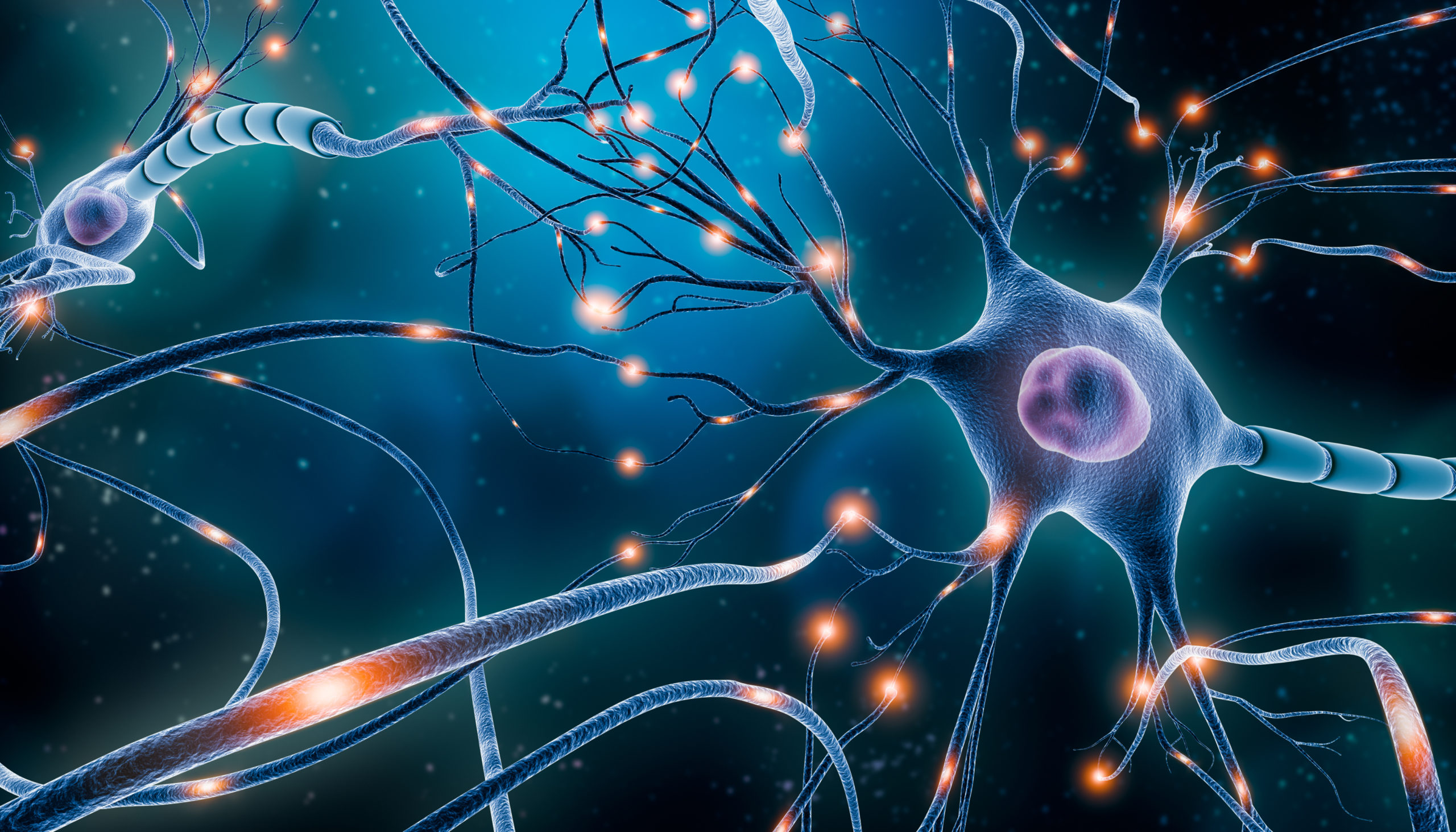Wonders of neuroplasticity: what is our brain capable of?
"Nerve cells don't reproduce." We've heard this expression so many times and got used to believing it. Even before the 1960s, scientists believed that the human brain was static. They believed the brain has a limited number of cells that die off with age and don't recover. And since the brain functions are strictly localized, it meant if any part of the brain is damaged, its functions will be irretrievably lost. Viktoria Stepanenko, the founder of Neuro Implant Clinic CMN, talks about the amazing properties of neuroplasticity and cases of unexpected recovery.

Photo Shutterstock
In 1913, the Spanish physician Santiago Ramón y Cajal argued that the nerve pathways in adult's brain centers are fixed, finite, and unchanging. Therefore, they're prone to dying away and not amenable to regeneration. But now this information is outdated. As it turned out, our brain is flexible. It's a wonderful tool that can work miracles. Interestingly, the first doubts about the "static" nature of the brain arose in the 19th century.
Norman Doidge, in his book "The Brain that Changes Itself," describes the research that French neurologist Jules Cotard conducted in 1868. He examined children with a disorder damaging the brain's left hemisphere, including Broca's area. Broca's area regulates the motor side of the speech process. If the brain were static, then children with this disease would've had severe speech impairments. However, during the examination, the neurologist found that his young patients could speak normally.
"Even if speech tended to be processed in the left hemisphere, as Broca claimed, the brain might be plastic enough to reorganize itself, if necessary," Norman Doidge writes. The brain's ability to regenerate itself is called neuroplasticity.
This publication is available in Ukrainian and Russian. The English translation hasn’t been produced yet. Support us to make the translation faster - follow the link for instructions
























































